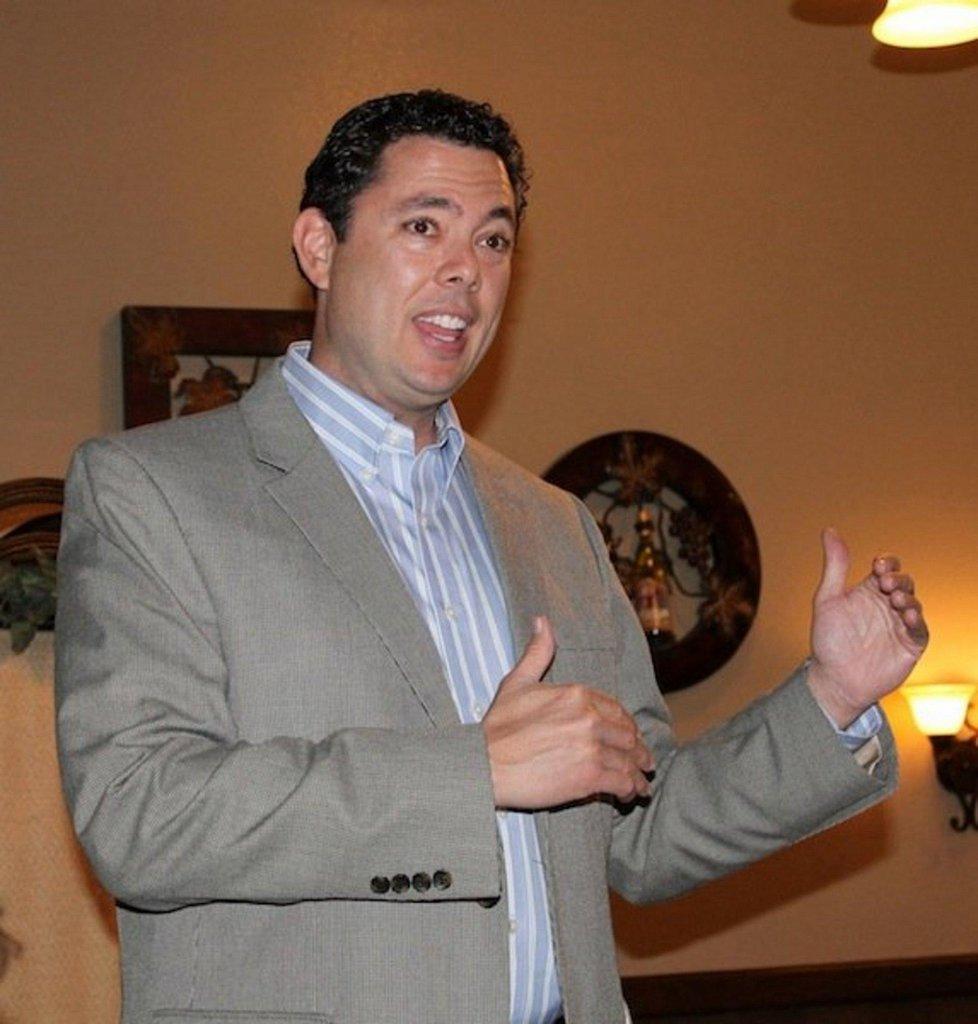Members of the Carbon County Chamber of Commerce gathered to meet with Congressman Jason Chaffetz on Friday to discuss issues facing the community, the state and the nation.
Many in attendance had land issues on the brain after Mike Swenson’s visit to the Carbon Chamber luncheon the day before. Public lands activist Alan Peterson wasted no time asking Chaffetz’s view and knowledge of HB 148 and the hopes of Utah controlling its own public lands.
“I’m supportive of this bill because states should be able to make their own decisions,” responded Chaffetz.
Chaffetz went on to explain his hope to find “common ground,” and to open some public lands for energy development while keeping designated wildlands.
“Congressman Rob Bishop plays a critical roll in the transfer of public lands process,” Chaffetz said. “I see it more as a legal strategy that needs to play itself out in the courts.”
Peterson defended the concerns of local residents and the years of dedication to HB 148 and the Emery County Public Lands Bill.
“I want to voice my concern from those of us who have worked on the bill coming out of Emery County don’t want to see it flushed down the toilet,” Peterson said. “My opinion is that you take the Emery County bill and use it as a template to present to Congress.”
Chaffetz concluded the discussion by stating the best method of defense is gathering land use bills from the five counties and finding a point of unification to face the “greenies.”
As the afternoon continued on, more topics were discussed on a national level including the ever-compounding national debt, the fair tax bill, and the threat posed to local post offices.
“The post office is a commerce tool, making sure rural America has the same service as a metropolitan area, but I do think that Saturday deliveries will go away,” Chaffetz said.
As days go by and the national debt rises, Chaffetz described the situation as “absolute out-of-control spending.” He explained for every dollar spent in the U.S., the federal government spends 22 cents, bringing the national debt to 17 trillion dollars.
“The true dilemma is deciding what is the remedy for this disease, do you cut spending or raise taxes?” he said. “Unfortunately I don’t know, but I do know that you feed the beast when you fund government at such high levels.”


